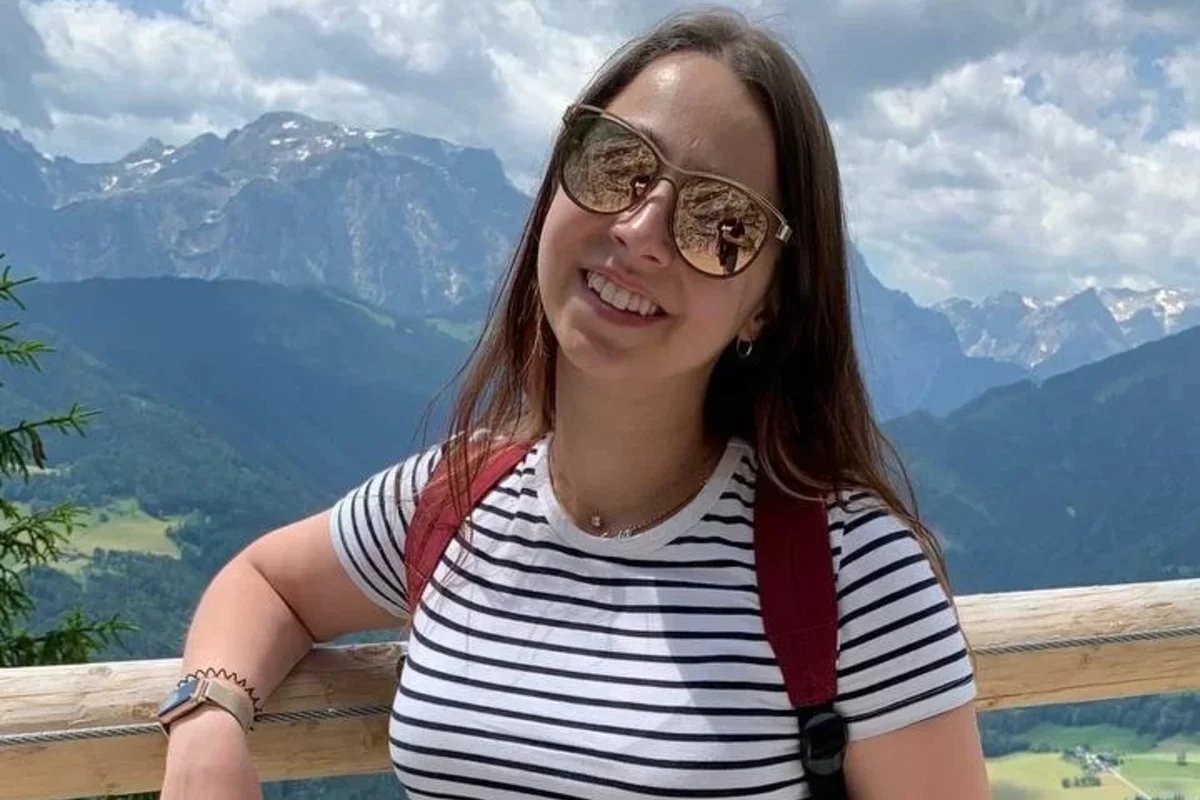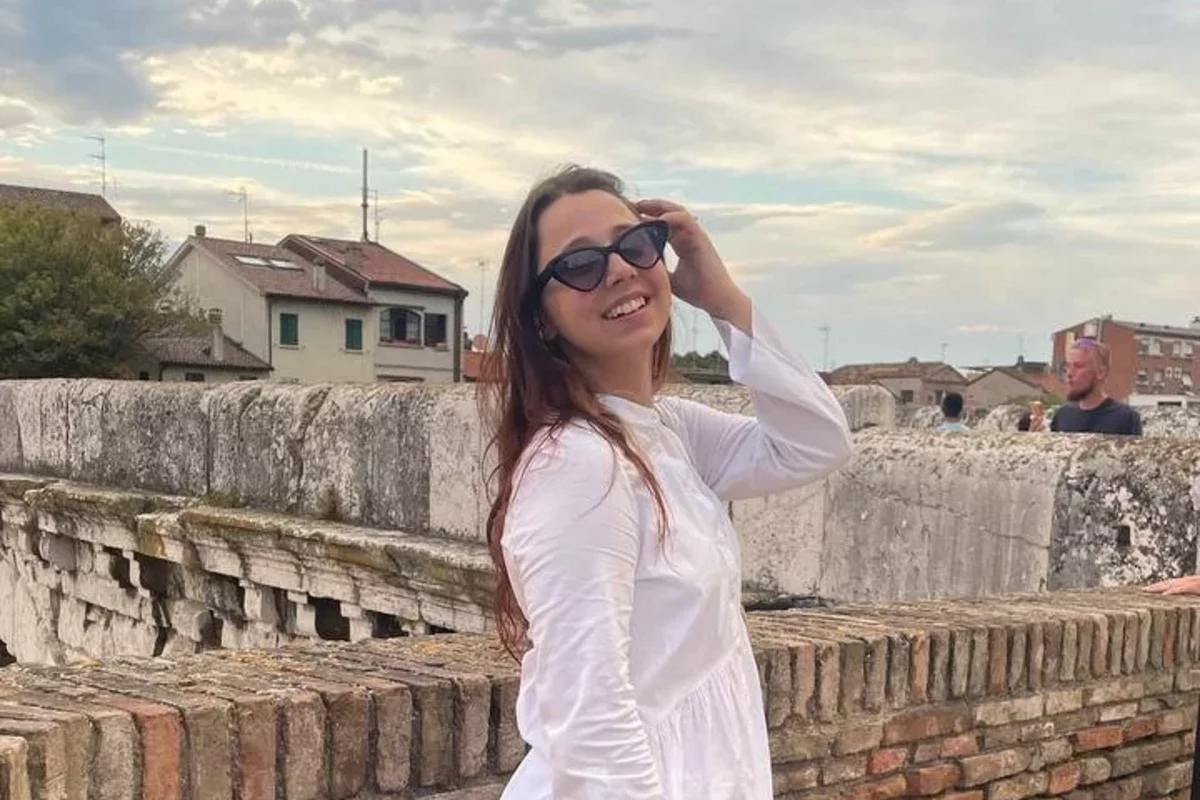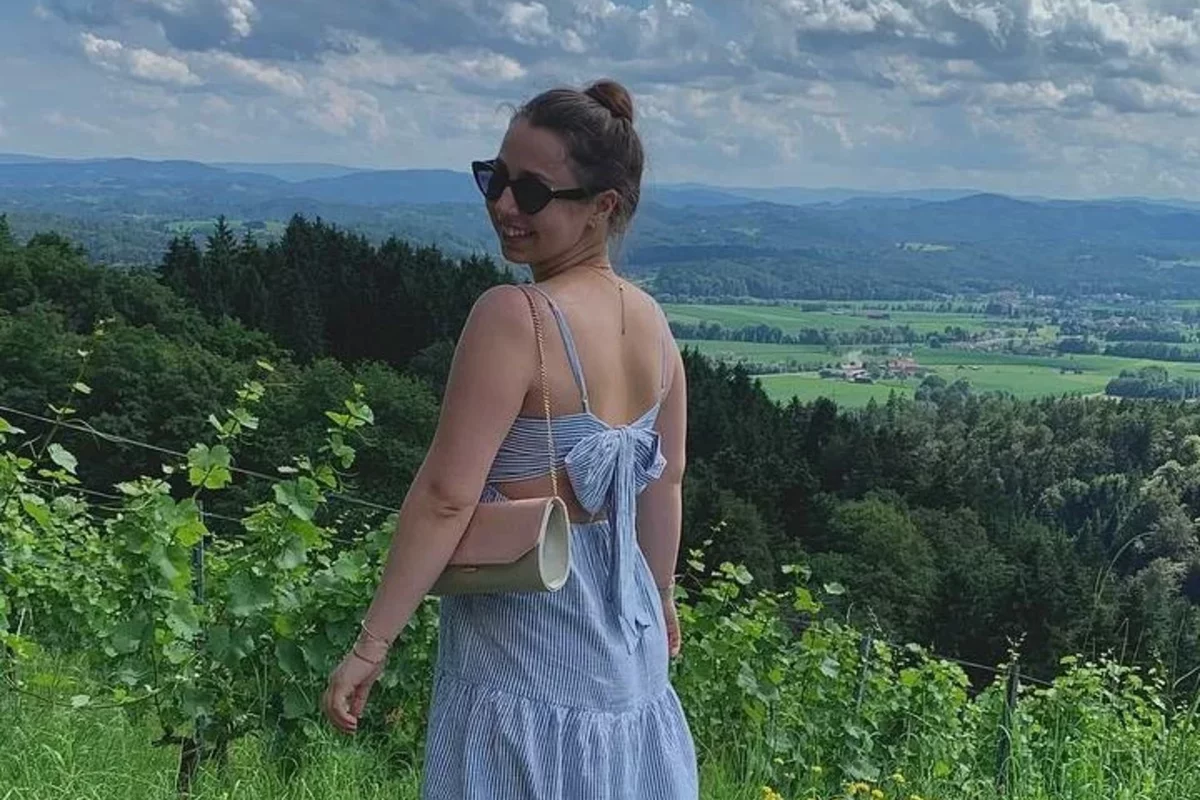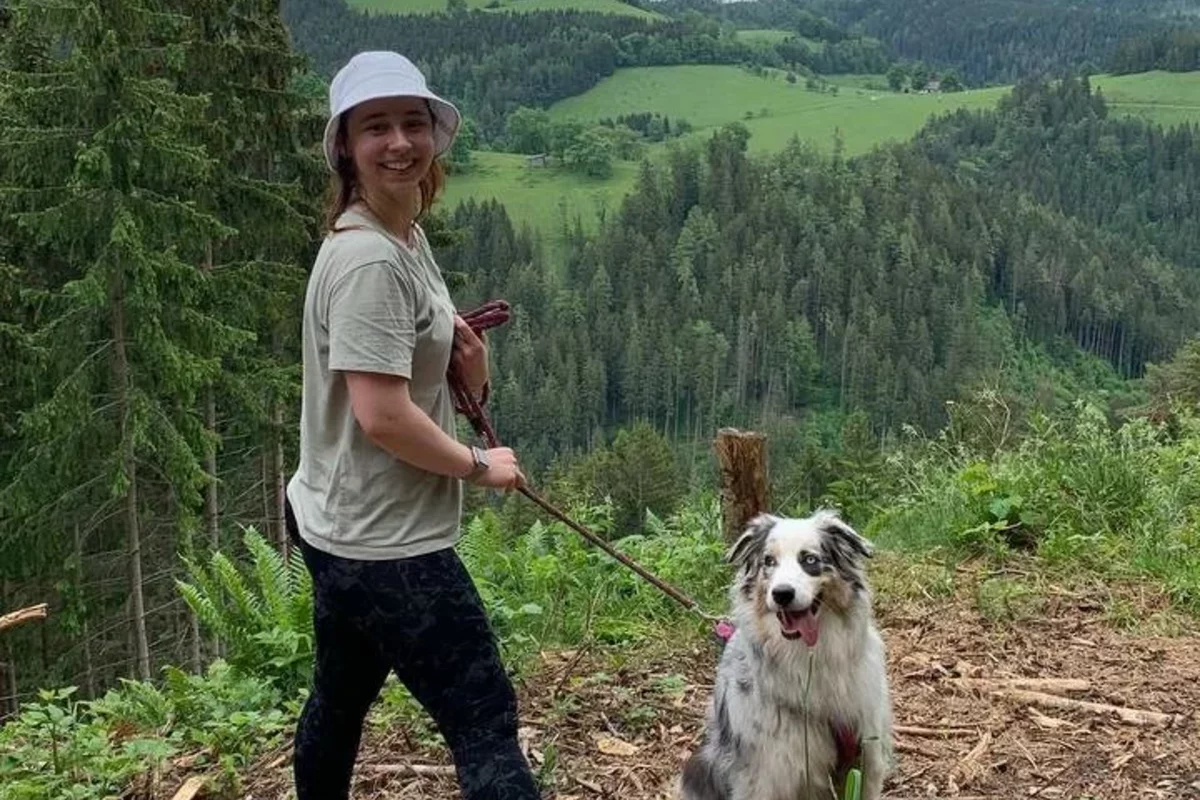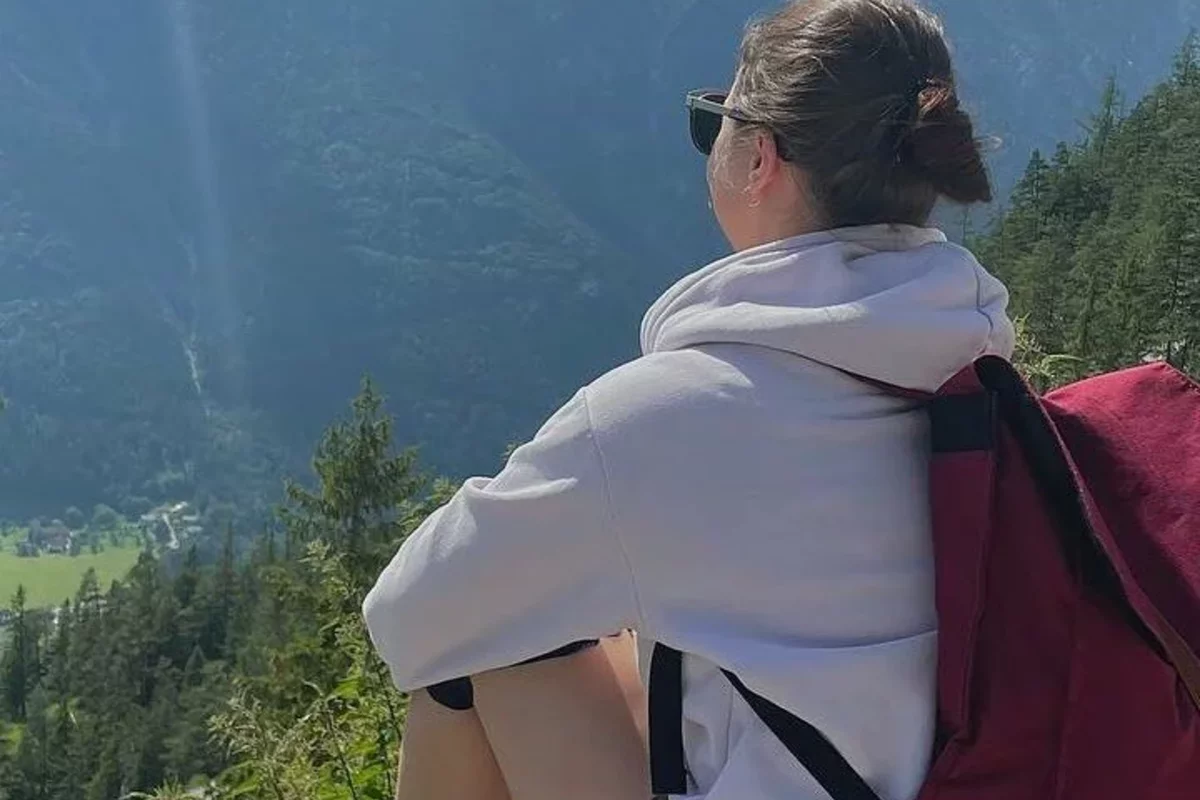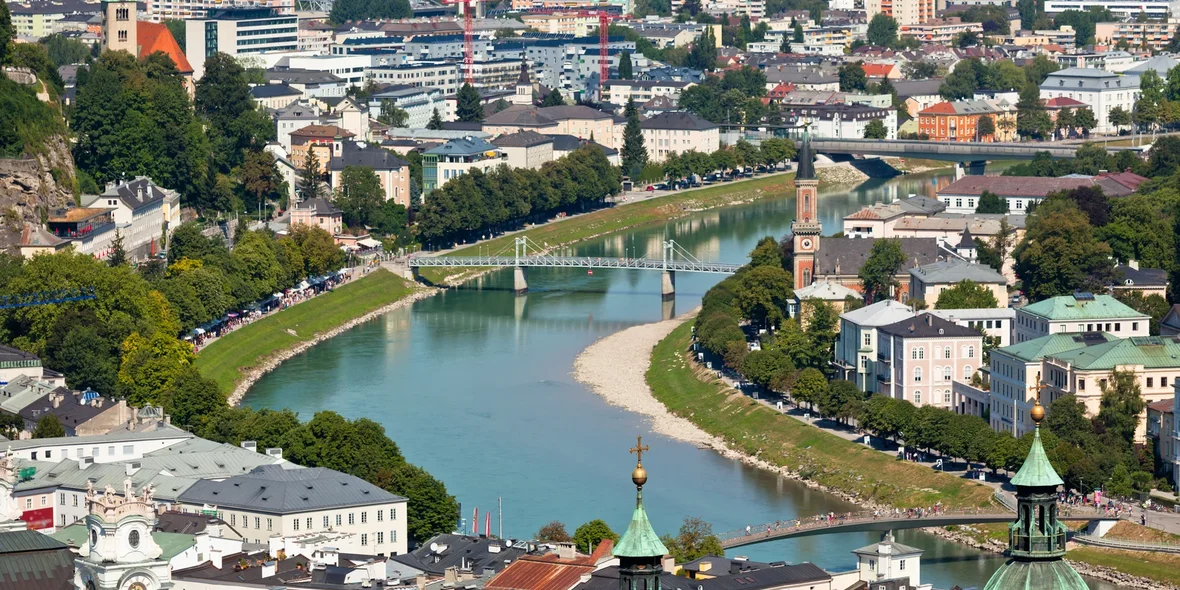
Relocating to Austria: Essential Information, Costs, and Personal Experience
Austria is a rather rich country with a high standard of living, which is in demand among relocaters from all over the world. What should expats expect when moving to this European country? We gathered the most important information and asked a Belarusian girl about her personal experience of emigrating to Austria.
In 2025, Austria remains one of the most attractive countries for relocation due to its stable economy, high safety standards, and well-developed infrastructure. However, new migration requirements and changes in the housing market have emerged over the last two years, which are important to consider when planning your move.
Austria is not only a mountainous country and the European capital of classical music, but also a popular destination for relocation. And moving is often accompanied by all kinds of worries. The easiest way to reduce the stress associated with relocation — learn more useful information and divide the process of preparation into several steps. We can definitely help you with the first point: in this article you will find a lot of important information, as well as learn about the experience of a Belarusian girl who has already moved to Austria and shared her knowledge and impressions with us.
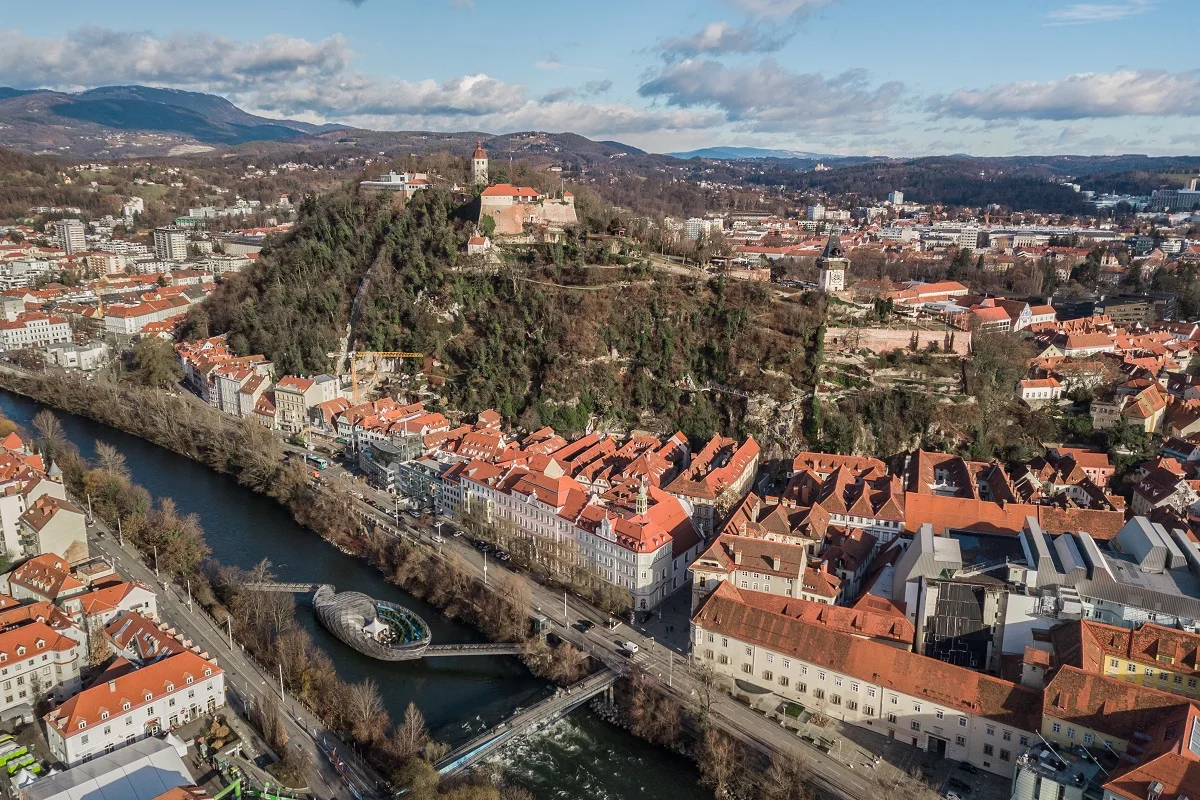
Documents required for relocation
If you are a citizen of a country belonging to the EU or the European Economic Area, there is good news for you — you do not need a visa or a work permit in Austria. The only thing is that you have to apply for permanent residence within 4 months after your arrival in the country. In case you want to move from any other country, you will already need a visa and a work permit.
Since 2024, Austria has tightened migration requirements: most applicants must now prove German language proficiency at least at the B1 level and have extended health insurance covering both emergency and planned medical care. These rules apply to work, study, and family visas alike.
First, you should contact the embassy of the country you are from and find out about the requirements and necessary documents for the move. Here is exactly what you will have to provide in order to obtain a visa, in addition to the application: a valid passport, two photographs, copies of all previous Schengen visas (if necessary), a cover letter explaining the purpose of your visit and the route, proof of Schengen health insurance, details of your flights with their dates and numbers, proof of accommodation in Austria.
Regarding visas, there are several options. Most foreigners do a Red-White-Red Card — this is a great option if you are a highly skilled worker and have already found a job in this country. With a Red-White-Red Card you can stay in Austria for up to 1 year. If you want to come to Austria and look for a job on the spot, you can apply for a Jobseeker visa — with it you can stay in the country and look for a job for up to six months.
In 2025, the Red-White-Red Card application process has been streamlined for highly qualified professionals, but competition has increased. Successful applicants must provide proof of qualifications and language skills to secure the card.
Characteristics of the Austrian mentality
To show respect for the local culture and to adapt to your new environment, you need to know the peculiarities of the country to which you are moving. This is what is remarkable about Austrians and their way of life:
- Law-abiding. Austrians obey all laws down to the last detail. So if you decide to cross the road in a wrong place, you should think a few times.
- Love of cash. Yes, despite the 21st century, Austrians are still very fond of paper money. That’s why many establishments still only accept cash.
- Loyal attitude towards smoking. Austria is one of the few countries that still does not ban smoking in cafes, bars and restaurants.
- Old-fashioned etiquette. Here are some things you should know: In Austria it is considered bad form to wear sports clothes in public places, you should take off your shoes when entering someone’s house, it is not acceptable to hug when meeting someone, elbows should be kept away from the table, and if you decide to invite someone to a party, prepare for the fact that you will pay for everything.

The advantages of living in Austria
High quality of life. Austria has excellent transport and medical services, excellent education and many recreational facilities. As a result, many locals boast good health, a work-life balance, and a high life expectancy.
Safety. Austria has a fairly low crime rate, which is confirmed by statistics.
Active recreation all year round. Austria is surrounded by mountains and spending time outdoors is a pleasure. In winter, snowboarding and skiing are preferred, while hiking and biking are popular during the warmer months.
Abundant natural beauty. Austria’s picturesque landscapes enchant everyone, as does the elegant architecture dating back to the 12th century.
Cost of living and wages
Austria is one of the most expensive countries in the world. The monthly expenditures of a single person amount to a total of 1,800 euros. And the average after-tax wage in Austria is about 2,000 euros.
Due to inflation and market changes, monthly expenses excluding rent have increased to approximately 1100–1200 euros in 2025. Rent for a one-bedroom apartment in Vienna now averages around 950 euros, with other major cities starting from 700 euros per month. The average net salary has risen to about 2,400 euros.
Among the highest paid professions in Austria: doctors (earn about 79,000 euros per year), managers (73,000 euros), financial experts (72,250 euros), investment consultants (63,650 euros).
IT specialists, engineers, healthcare workers, and educators remain in high demand. Many companies now offer hybrid or fully remote work options, allowing expats to live outside major cities while maintaining employment.
By the way, some interesting facts about work culture in Austria:
- There is a well-defined hierarchy in the local business environment, so everyone knows their responsibilities and follows them exactly.
- Employees define themselves as part of the corporation and identify with the product offered.
- Employers register employees with the social security system when they hire them. This enables you to be covered by public health insurance, for example.
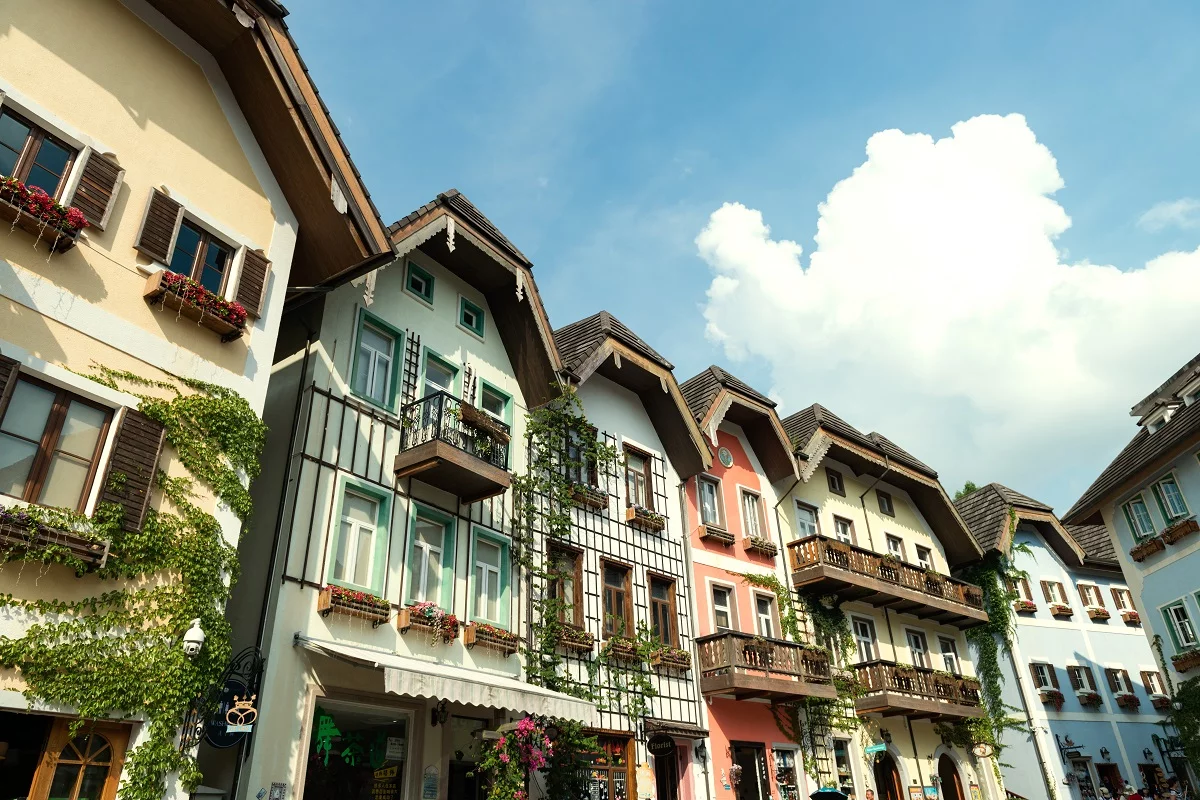
Renting and buying real estate
Since the cost of living in Austria is quite high, even the Austrians themselves prefer to rent housing. On average, rent a one-bedroom apartment in Vienna costs about 700 euros per month, a third will cost about 1000 euros. There is an important nuance: in Austria is very rare to find a furnished apartment, even in the sublease.
Over the past two years, rental and property prices have grown significantly. In 2025, the average rent for a one-bedroom apartment in Vienna is around 950 euros. This increase is driven by high demand and limited supply, especially in large cities.
The rental procedure is relatively straightforward, as it is almost always done through real estate agents. The agent’s assistance can equal the cost of a one or two month lease, but the process of finding a home will be greatly facilitated. Also, the success of the search strongly depends on the time of year: for example, September can bring a lot of trouble, as it is an active time caused by the influx of students.
You will only need a signed contract and proof of identity to rent. However, landlords may ask for proof of employment, your visa or references (in German).
Only those who have a residence permit in the EU can buy property in Austria. Citizens of developing countries must obtain special permission from the Land Commission. Mortgages can be obtained regardless of your citizenship. Loan terms are flexible, and interest rates usually range from 2.5% to 3.5%.
Average house prices in Austria:
- Vienna - 198,000 euros.
- Salzburg - 269,750 euros.
- Graz - 165,000 euros.
In 2025, the average price per square meter in Vienna is approximately 6000 euros, and in Salzburg around 5200 euros. Additionally, stricter checks on funding sources for foreign buyers and increased transaction fees have been introduced.
Here are the steps of the buying process when you have already found a suitable property:
- Make a formal offer through a real estate agent.
- Draw up a contract of sale (this usually requires an Austrian lawyer).
- Pay a deposit. After all parties have signed the contract, you may have to pay 10% of the purchase price as a deposit. This amount is deposited in a safe account until the transaction is completed.
- Register the ownership of the property. After the transaction is completed, your lawyer must register the transfer of ownership at the local registry office. You will also need to pay the transfer and registration fees. The cost of registering the property is about 4.5% of the property value. It takes from nine to 32 days to register the property.
There are also additional costs when buying a home in Austria: the related transaction costs (from 9.4 to 13%); legal fees, property transfer tax (at a rate of 3.5%); registration fee (1.1% of the sale price); notary fee (20% VAT); real estate agent’s fee (from 3 to 4% plus 20% VAT).
«When you’re moving, it’s very important to have someone who listens, hears and understands you»
Austria has expanded state integration programs in 2025, offering free language courses, employment counseling, and support for families with children such as free extracurricular activities. These initiatives help newcomers adapt more quickly to life in the country.
Victoria Andreykova, who moved from Belarus to Austria about six months ago, told us about her personal experience of moving.
— I am originally from Belarus, lived in Minsk before moving here. I do targeting and SMM. I moved to Graz — the second largest Austrian city after Vienna — because my boyfriend lives there. At the moment I am here on a Polish humanitarian visa. Other possible reasons for moving may be, for example, study: you get a residence permit on the basis that you are a student. Another reason is a job: you find a place, your employer sends you an invitation, and then the process of obtaining a visa begins. Particularly in demand those who own the professions that are currently required in the state (mostly doctors and workers). Another way to move to Austria, and I plan to use it in the future, is to marry an Austrian. And, of course, if you have enough money, there is always the option of obtaining a residence visa by investing in the country (including the purchase of expensive real estate).

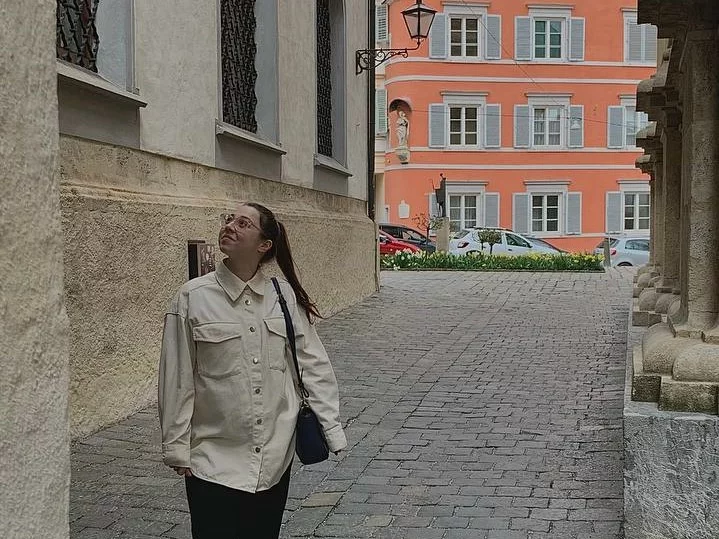
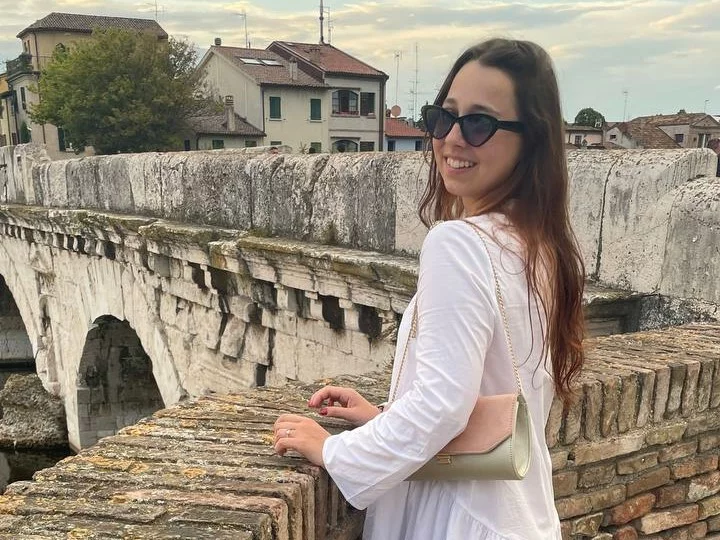
The whole preparatory process took me about 6 months. I prepared for the move as follows: started learning German with a tutor, prepared visa and insurance for the visa, packed the most necessary things, solved everyday issues in Belarus (among them closing bank accounts, re-registration, etc.). In addition, I can say from experience that it is necessary to make a general power of attorney for close relatives, so they can solve some issues without you in your home country. I have not done that, and very wrongly: I’ve already had a few situations where I had to do a number of things in Belarus without my presence, but, unfortunately, it is impossible without a power of attorney. Therefore, I advise you not to repeat my mistakes.
When you move to Austria, be prepared for these nuances:
- Local mentality. I can’t say that Austrians are very friendly and sociable. As a rule, they make friends at school and stay friends with them until they are very old, so it can be a challenge to find a friend in Austria.
- A German-speaking country. If you do not speak German, you are likely to have a language barrier when communicating with Austrians, because not everyone here speaks English. So it is absolutely necessary to learn German before you move here.
- Uncomfortable work schedule in the institutions. For me personally, the work schedule in the establishments here is very strange. On weekdays, everything here, from coffee shops to shopping malls, closes at 7:00 p.m., on weekends at 5:00 p.m. And on Sundays, almost all the stores here are closed.
On the plus side, in Austria I was struck by the absolute tranquility, the silence, and in general, the safety. The crime rate is very low here, so it is not scary to walk down the street at any time of the day. I am also delighted by the quality of food in the country. I don’t know how to explain it, but here if you eat meat, you really taste it, get full and enjoy it. The same goes for vegetables. I would also like to mention the quality of water: in Austria you can safely drink it from the tap, and there are fountains all over the city where you can get water for free.
And, of course, separately worth telling about the cost of living, which is quite expensive here. If we buy the products of the average price category (including meat, vegetables, fruits), a week we spend plus or minus 50 euros, that is about 200 euros per month. If you go to restaurants, the average bill for two (main course, dessert and drinks) will be around 40 euros.
Fare on public transport here is also expensive — one trip will cost 2.5 euros. Cabs are no exception: here literally 5 kilometers can cost 20 euros.
My particular «pain» is beauty services. Besides the fact that the same manicure or hair dyeing here cost fabulous amounts of money, the quality of these services leaves much to be desired.
What is cheap here is household chemicals and cosmetics — here they are much more affordable than in Belarus (we are talking about the mass-market, it does not apply to pharmaceutical products). For example, for 5 liters of liquid detergent you have to pay about 15 euros, shampoos are 1-2 euros, pastes are also within one euro, creams can be found up to 5 euros.
In general, to live here as a minimum, you need 1.5 thousand euros per month, and we are not talking about some kind of bohemian lifestyle: this amount suggests a very modest housing, and going to cafes / restaurants you can afford, I think, only once a month.
Now about housing. I moved in with my boyfriend, so I didn’t look for an apartment, but I can tell you where people look for them. They look for apartments on Willhaben, in Facebook groups, but mostly they find housing through agencies.
I will tell you about the cost of rent by the example of our apartment. We live in a euro-unit, which means a separate bedroom, a hall combined with a small kitchen, a separate bathroom and toilet, and a large corridor. It costs about 600 euros per month for rent, including heating and electricity. For water here you pay a fixed amount each month, and at the end of the year there is a recalculation: if you had overdrawn water, you have to pay some additional amount, if vice versa — the state refunds your money. The plus is that here everything is rented officially under a contract, which basically protects the person renting this apartment.
For myself, I can give top 3 moving tips:
- learn the language of the country to which you are moving;
- find yourself a good psychologist who will support you when you move, because it is morally very, very hard;
- find yourself a person in your home country who will also support you, someone who will trivially listen to you. When you move, it is very important that someone listens to you, hears and understands you.
Do you want to share your personal experience of relocating and living in another country? Email us at info@realting.com. We will be happy to tell your story.
Author
I am responsible for editorial work. I write expert interviews and guides.








